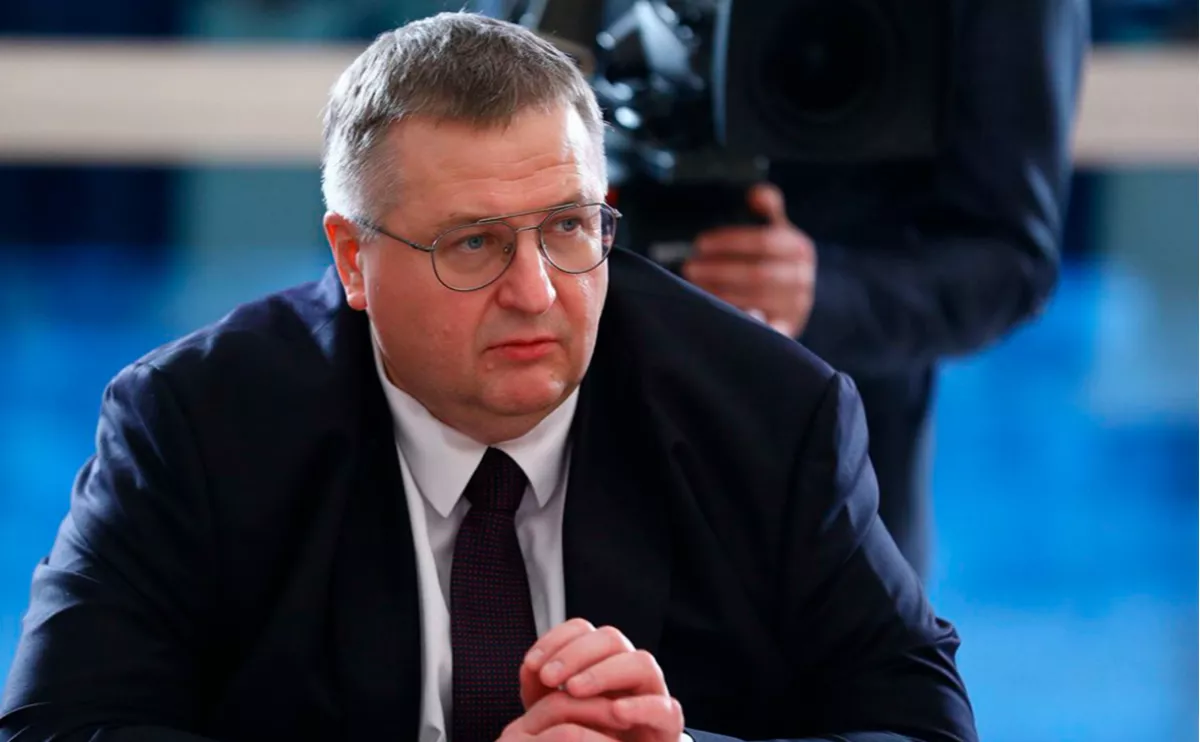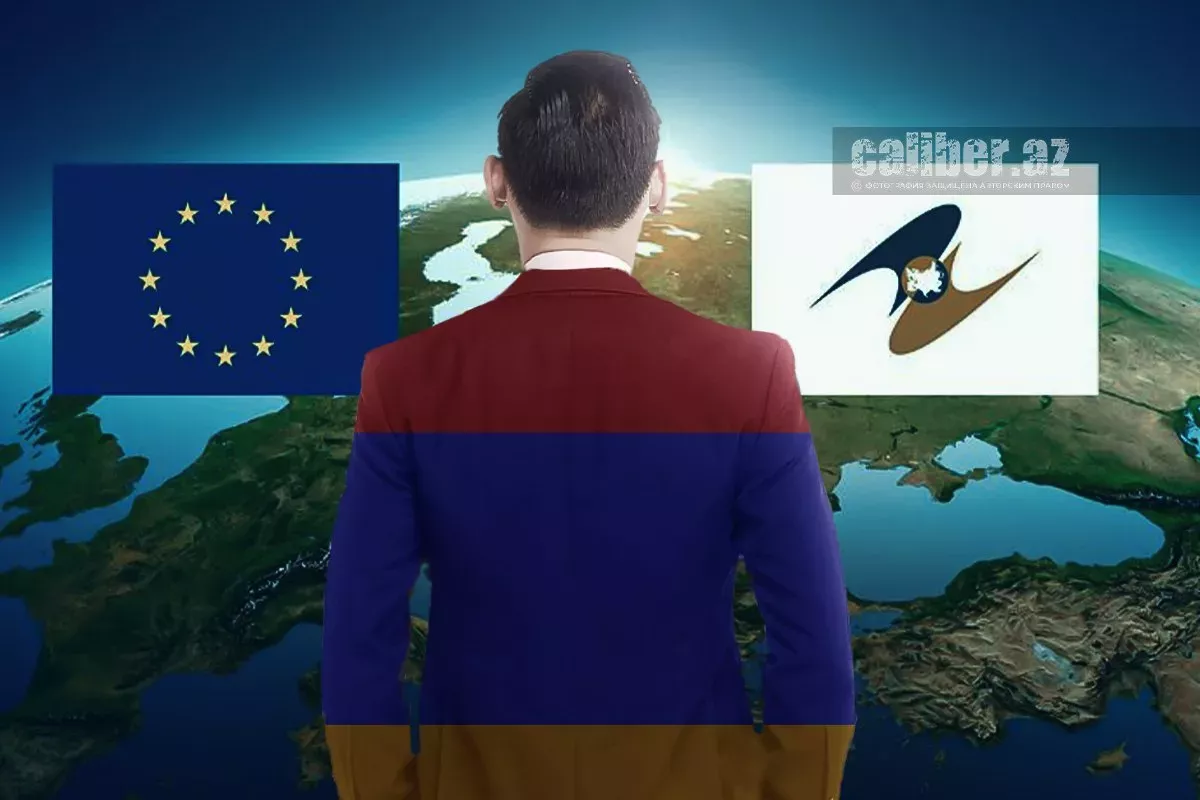Pashinyan’s dilemma: Armenia between EAEU, EU
Amid sparse official details about Russian Deputy Prime Minister Alexey Overchuk’s recent visit to Yerevan, the Armenian newspaper Hraparak, citing insider information, has revealed some interesting details about his meeting with Prime Minister Nikol Pashinyan.
The publication claims that Overchuk had a "tough conversation" with the Prime Minister regarding Armenia’s continued membership in the Eurasian Economic Union (EAEU) and Yerevan’s fulfillment of its obligations within the organisation.
According to the newspaper, Pashinyan was warned that if Armenia’s customs authorities fail to properly oversee new transport routes, the country could face serious repercussions within the Eurasian Economic Union (EAEU). The report specifically refers to the Zangezur Corridor—dubbed the “Trump Route”—a strategic passage, the Armenian section of which has been leased to the United States for 99 years, with an option to extend the lease.

Hraparak also emphasises that if Yerevan fails to carry out its control functions, it would constitute a violation of the fundamental principles of the EAEU: “Pashinyan faces a choice — either Armenia voluntarily leaves the organisation, or, if it refuses to fulfill its obligations, it risks facing sanctions and eventual expulsion from the union.”
It was clear from the outset that Overchuk had not come to Yerevan merely to pay his respects to the Armenian leadership. After all, Moscow had made no attempt to hide its displeasure with Yerevan's pro-European aspirations and its growing closeness with the United States, especially in light of the Washington talks held earlier this month.
Thus, the Russian Deputy Prime Minister arrived in Armenia with a very specific purpose — to remind Russia’s former outpost of the key narratives of Russian foreign policy in the South Caucasus.
Overchuk himself recently told journalists that he would discuss Armenia’s work within the EAEU during his visit to Yerevan, in the context of the law passed by the Armenian parliament initiating the process of joining the EU.
"A new regulatory legal act — a resolution by the Government of Armenia — has appeared in Armenia's legal framework, which, in our opinion, contradicts the law of the Eurasian Economic Union," he told the media on the sidelines of the EAEU meeting in Kyrgyzstan, hinting that Yerevan will also have to discuss the nuances of unblocking transport communications in the region.

It is absolutely clear that Russia's official position regarding the agreements reached in Washington is merely declarative; in reality, Moscow is seriously concerned about the rapprochement between the two South Caucasus states and the United States — especially Armenia, which, despite being a member of Eurasian integration structures, constantly looks to the West.
Therefore, it is most likely that the Russian side has presented Pashinyan with a choice regarding Armenia's future foreign policy course — bluntly put, putting pressure on the Armenian authorities by appealing to the economic benefits the country gains from being part of the EAEU.
In 2024, trade between Armenia and the Eurasian Economic Union (EAEU) countries exceeded $9 billion in just the first eight months. By the end of the year, it had doubled compared to 2023, reaching an estimated $18 to $20 billion.
As we can see, the statistical data clearly demonstrate Armenia’s financial and economic dependence on Russia, which Moscow effectively uses as a leverage to pressure Yerevan into abandoning its European integration efforts.
In March of this year, Overchuk told journalists in an ultimatum that if Armenia joins the European Union, Moscow will be forced to reconsider the entire range of economic relations with Yerevan.
“We understand that if Armenia moves towards Europe, then the entire range of economic relations with this country will need to be reconsidered. Armenia cannot sit on two chairs — this is absolutely clear. Therefore, the country needs to make a decision and choose,” he stated
At the same time, Moscow regularly reminds that Armenia’s security guarantees are provided by Russia, not the West. So, it is likely that Overchuk voiced this argument in Yerevan as well.
Summing up the visit of the Russian Deputy Prime Minister to Yerevan, it should be noted that the likelihood he left Armenia having received a clear answer from the Armenian leadership about a final rejection of European integration and the pro-Western development model is zero. Most likely, Yerevan took a pause to reflect, aiming to buy time and preserve the possibility of receiving further financial benefits.








